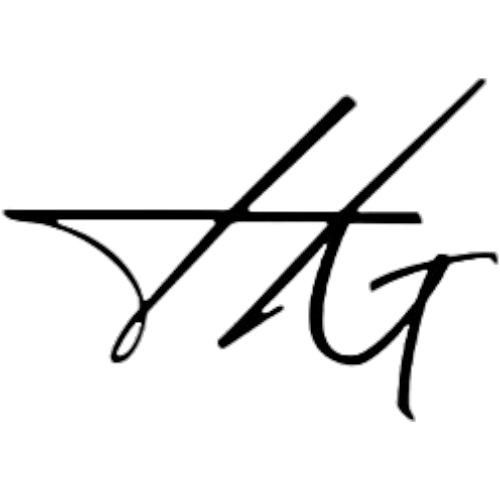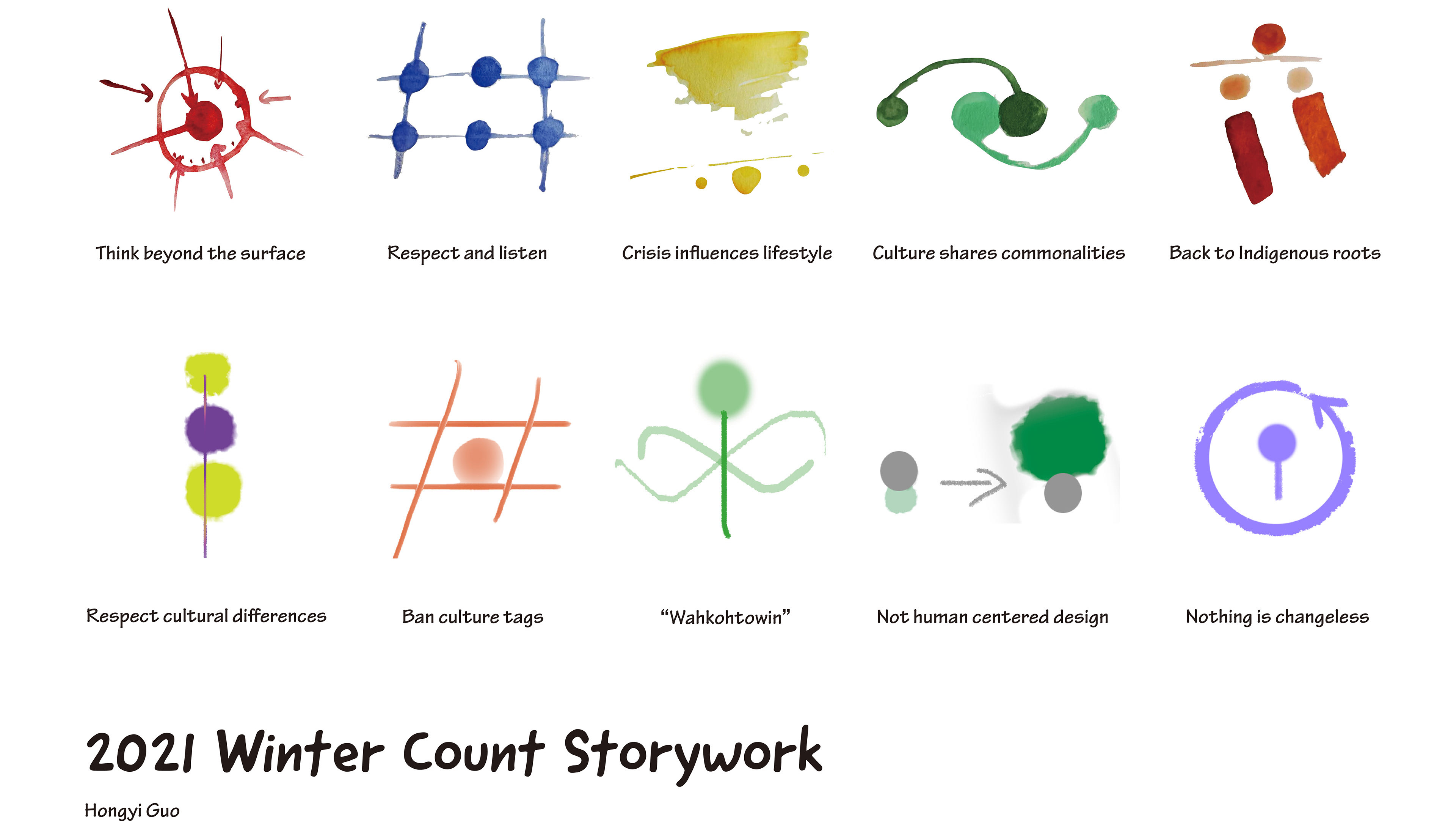I’m finding my talk, it’s on the inside.
It’s how I see the world, through not one, but two eyes.
It’s how I see the world, through not one, but two eyes.
I’m finding my talk and it may take some time, but I’m learning to speak in a language that’s mine
—Rebecca Thomas (2020)
They Say
*I am presenting a short poem that talks about how Indigenous people suffered from the residential school system and cultural appropriation. I am using a narrative as a friend of Indigenous people, and the word “you” refers to the Indigenous people in my poem.
They say,
They say you are too different to become part of them,
Then they establish residential schools and force you to be part of them.
This causes you to change,
They then say you were forgetting your own roots too easily.
But do you remember?
You were the original guardians of the land,
you were friends with the sky, the grass, the animals, the water, and all-natural elements.
and you were free to hunt, to trade, to be educated on your own terms, and to be yourself.
Until the settlers came.
Their government has destroyed the land you are standing on;
the gift that nature gave you,
and even your bodies.
Now you are wearing settlers’ clothes;
celebrating settlers’ festivals;
believing settlers’ religions;
and living everyday life just like the settlers.
The settlers were born without empathy and were educated to rule everything.
But that isn’t the truth,
They shouldn’t make fun of your traditions;
But that isn’t the truth,
They shouldn’t make fun of your traditions;
They shouldn’t police, jail and kill you, and your siblings for their own pleasures;
Most importantly, they shouldn’t apologize… and leave it at that.
The government hand-picked refugees and think they are saviours,
yet you are the ones who have always welcome newcomers,
you are the ones that have shown empathy,
yet now it is settlers, who decide who gets in and who stays out.
Something needs to change.
Something needs to change, with me.
Who is me, you might ask,
I am a new visitor to Canada;
I am a settler here too.
I am a new visitor to Canada;
I am a settler here too.
But, me could be anyone who is a non-Indigenous person;
anyone who is able to imagine the difficulties that you might face;
anyone who respects another culture and avoids cultural appropriation;
anyone who respects another culture and avoids cultural appropriation;
anyone who believes no one has the right to take away another’s cultural heritage.
With empathy,
We can change the world to what it should be.
Empathy is the ability to feel with someone, but not as a savour, more as a friend.
A friend who is willing to sit with you;
a friend who loves to listen your stories;
a friend who has the patience to really understand your culture before borrowing from it;
a friend who will create systems that benefit every impacted group;
a friend who will design logos and signs that bring attention to your history;
a friend who will build houses for you to live in…
That is what we called an intercultural designer,
But more importantly, that is what a designer should pay attention to before working.
To respect culture.
To respect culture.
To respect the most valuable heritage everyone owns.
It is the time to remember,
It is the time to remember,
remember how your ancestors communicated with the land.
remember how your ancestors spoke in your mother’s tongue in the public;
remember how your ancestors wore beautiful traditional clothes;
To be confident when anyone asked,
Who are you?
Who are you?
You could say, you are an Indigenous person, and every other who settled in Canada is an immigrant.
As a friend,
I am very honoured, to learn from you.
And as a designer,
I am very honoured, to learn from you.


